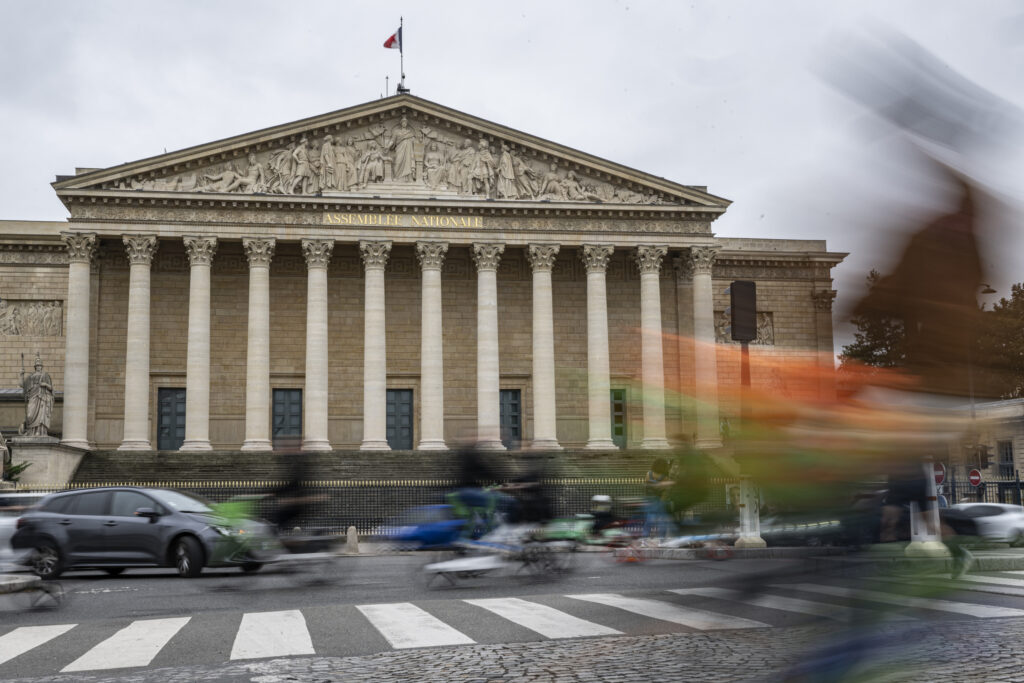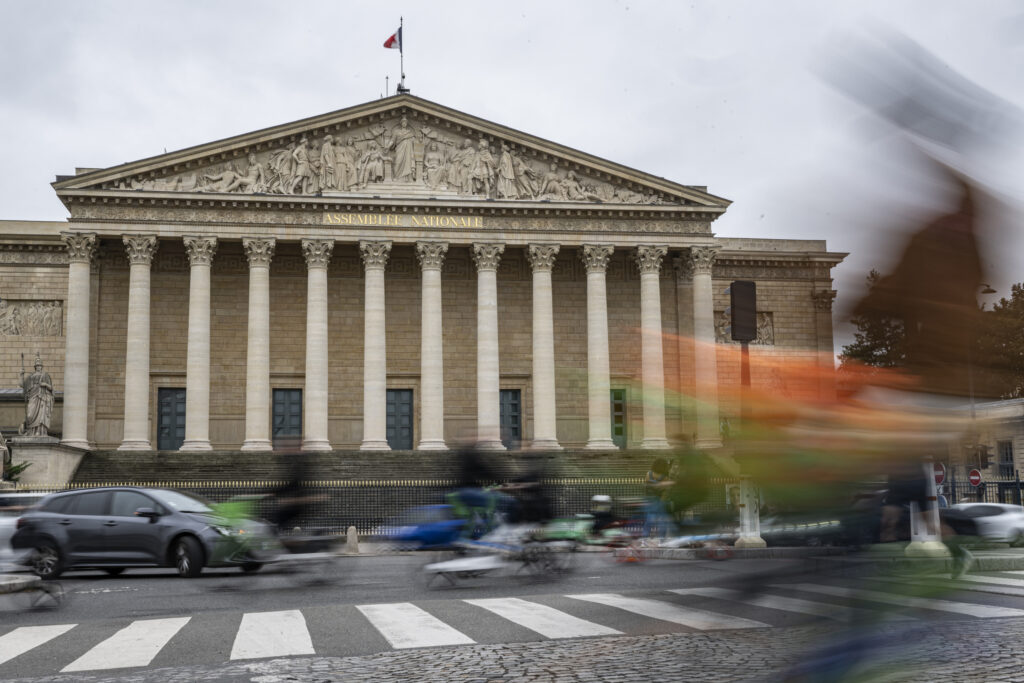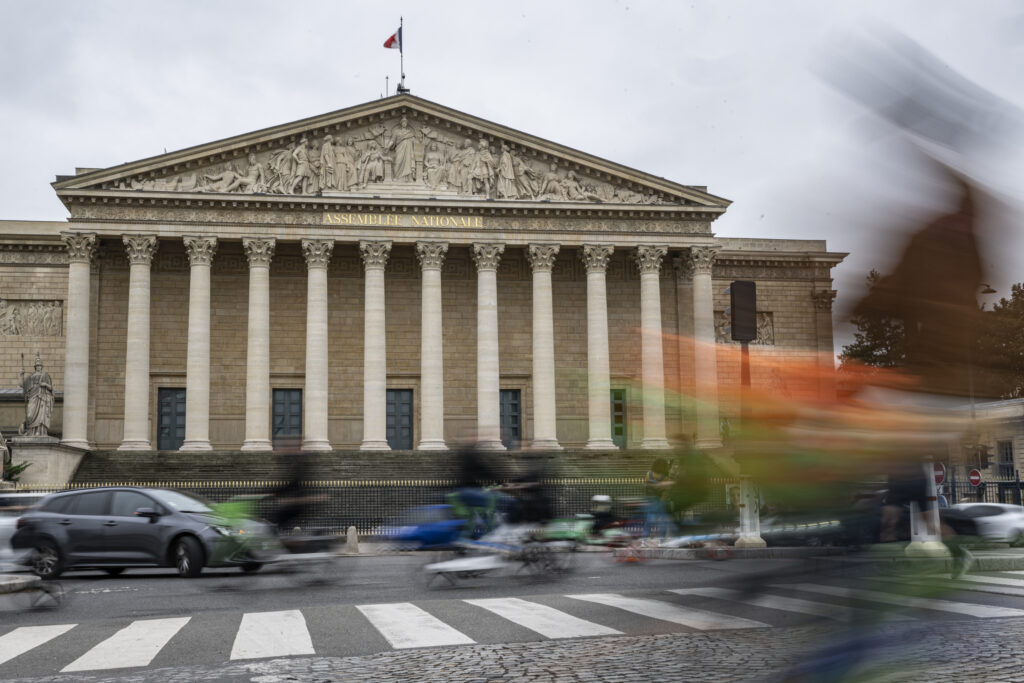Jour J pour le nouvel Astérix, en mission en Lusitanie
Le succès est déjà assuré pour “Astérix en Lusitanie”, 41e album du petit Gaulois, qui sort jeudi dans 19 langues et 25 pays et transporte les lecteurs, petits et grands, dans le Portugal antique.Soixante-six ans après sa création par René Goscinny et Albert Uderzo, “l’irréductible Gaulois” comble un trou en se rendant en Lusitanie, l’une des rares contrées de l’empire romain où il n’était pas encore allé.Accompagné par Obélix et Idéfix, Astérix y part de toute urgence à la demande du Lusitanien Boulquiès pour sauver Mavubès, un petit producteur de garum – la sauce de poisson fermenté – qui est accusé d’avoir empoisonné César et doit être jeté dans la fosse aux lions.Bagarres, coups fourrés, découverte des spécialités locales, rencontre avec César… Les deux auteurs, le scénariste Fabcaro et le dessinateur Didier Conrad, ont mixé tous les ingrédients traditionnels des aventures des deux Gaulois.”On y a ajouté un truc très spécifique au peuple portugais, la saudade, cette sorte de mélancolie un peu fataliste”, explique Fabcaro à l’AFP. Le défi a été d'”en faire un gimmick de comédie revenant régulièrement dans l’album”.- “Clin d’oeil” à l’actualité -Obélix est particulièrement désarçonné par la saudade: “J’ai le moral à zéro d’être fou de joie”, avoue-t-il. Tandis que les Romains perdent toute envie de se battre lorsqu’ils entendent la mélancolie du fado, musique traditionnelle portugaise.Pour illustrer la saudade, Didier Conrad applique une recette “simple”: “Je dessine un regard un peu triste couplé à un petit sourire.”Le Portugal étant devenu une destination touristique prisée, les auteurs ont mis sur la route d’Astérix un couple de retraités de Lutèce (Paris) visitant la Lusitanie à bord d’une “charavane”, l’ancêtre du camping-car.”J’avais envie de mettre en scène un couple de Français moyen, typique, qui, à l’étranger, critique tout, mais sans méchanceté”, indique Fabcaro.Leurs récriminations portent notamment sur l’âge du départ à la retraite, “un petit clin d’oeil à notre époque, même si j’essaie de ne pas faire allusion à l’actualité car, par définition, elle vieillit vite”, ajoute le scénariste.- “Doudou” -Comme il est de tradition tous les deux ans, l’album sort deux mois avant Noël, tiré à 5 millions d’exemplaires, dont 2 millions pour la France, la Suisse et le Canada.Au Portugal, un pays où “Astérix est très populaire” selon l’éditeur, le tirage est le double de celui des albums précédents et les auteurs viendront à la rencontre des lecteurs fin octobre.”Je pense qu’Astérix peut avoir du succès encore longtemps. Il a un côté +doudou+ pour les lecteurs. Nos parents l’ont lu et nous l’ont fait lire. Nous, on fait pareil avec nos enfants. Il y a un attachement qui se perpétue”, témoigne Fabcaro.Selon lui, Astérix est “un outil pédagogique incroyable”, comme l’avait voulu son cocréateur René Goscinny. “Un enfant de 10 ans qui ne comprend pas un gag ou une allusion, ce n’est pas très grave. Il la comprendra à 15, 20 ou 40 ans… Il existe plusieurs niveaux de lecture.”Dessinant Astérix depuis 2012, Didier Conrad est prêt à continuer l’aventure: “C’est un plaisir renouvelé parce que c’est un challenge permanent.”Habitant à Austin, au Texas (Etats-Unis), il met “entre 14 et 18 mois pour dessiner un album de 48 pages”.Après deux albums, Fabcaro, qui est aussi romancier à succès, ne sait pas encore s’il en écrira un nouveau – le prochain est prévu fin 2027. Cela dépend en partie du retour ou non de son prédécesseur Jean-Yves Ferri, qui avait souhaité faire une pause après avoir scénarisé cinq albums.






